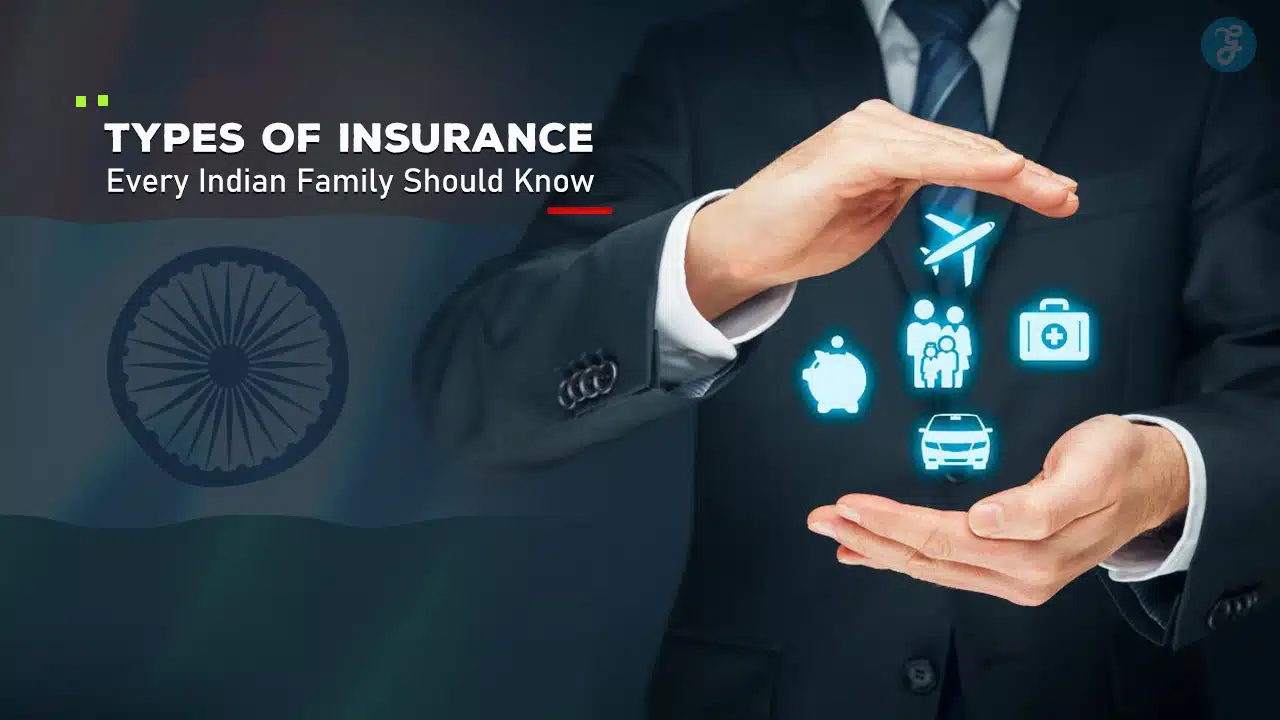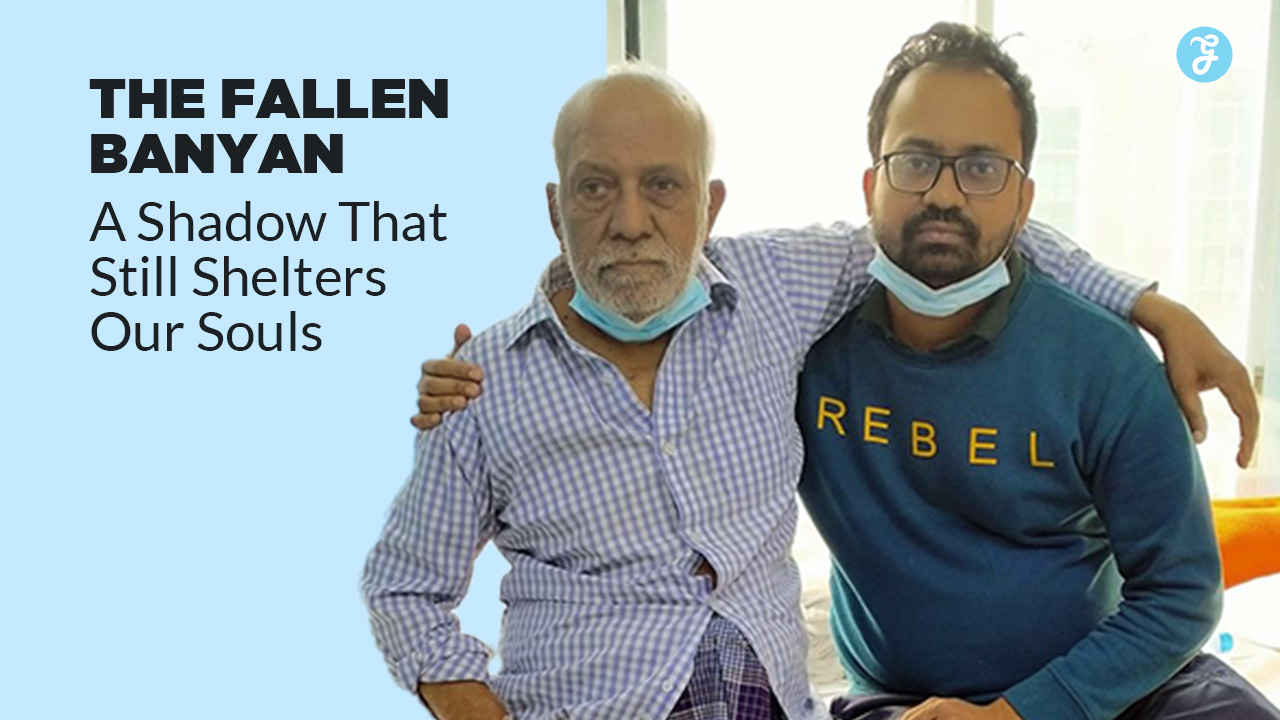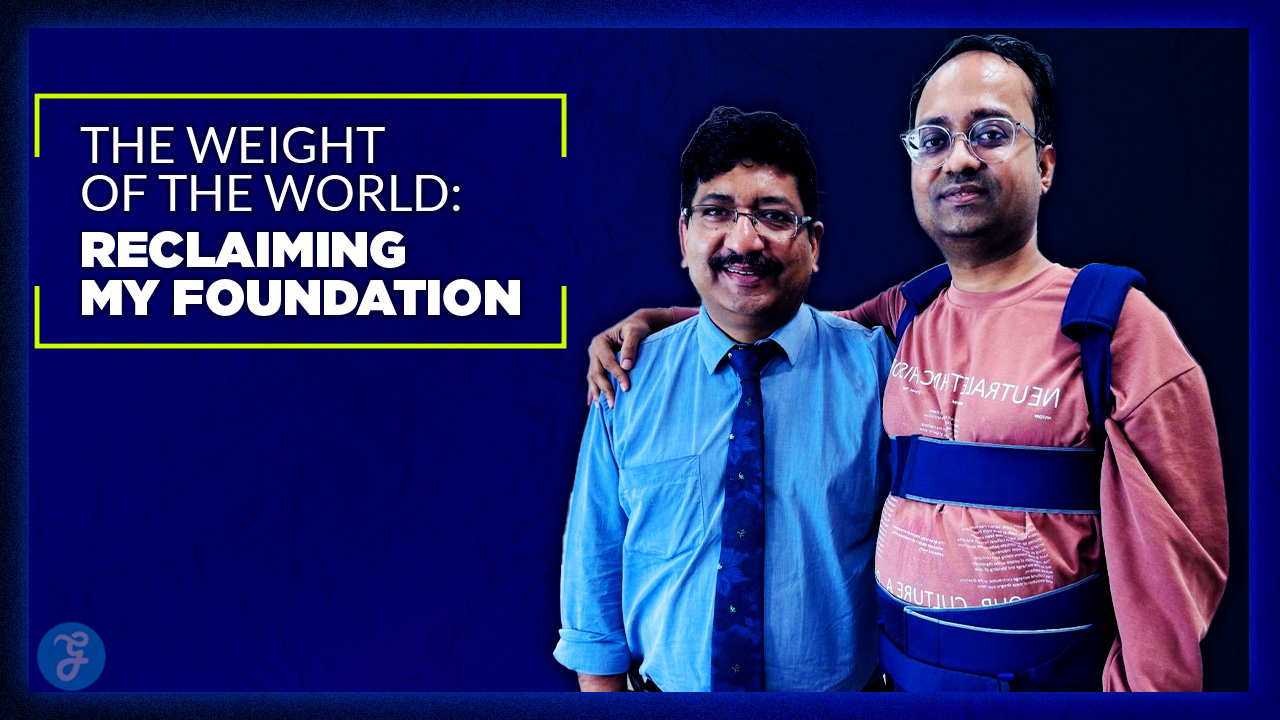In today’s fast-paced world, uncertainties can strike when we least expect them. While we cannot predict the future, we can certainly prepare for it.
Insurance is one of the most important tools in ensuring financial security and peace of mind for your family.
Whether it’s a medical emergency, an accident, or unforeseen events like property damage, having the right insurance policies can safeguard your family’s financial health.
For Indian families, insurance is essential for meeting not only their immediate needs but also for ensuring that unforeseen events won’t jeopardize their future aspirations, such as their ability to afford retirement, healthcare, and education.
This article highlights the six essential types of insurance that every Indian family should consider to protect their assets, their health, and their future.
6 Essential Types of Insurance Every Indian Family Should Know About
Let’s take a look at these.
1. Health Insurance
Without a doubt, health insurance is one of the most important insurance policies every Indian family should have.
In recent years, healthcare costs have skyrocketed, making even routine medical treatments expensive.
Health insurance protects your family’s financial stability by covering medical bills, hospitalization costs, surgeries, and sometimes even post-hospitalization care.
Why Health Insurance is Crucial for Every Indian Family?
In India, the incidence of lifestyle diseases like diabetes, hypertension, and heart problems has risen dramatically.
Even a brief stay in a private hospital for such conditions can result in a bill that wipes out years of savings.
By having a comprehensive health insurance policy, you can prevent such financial disasters.
A good health insurance policy not only covers hospital bills but also extends to pre-existing conditions, maternity coverage, daycare procedures, and even preventive health checkups.
Many insurers also offer cashless treatment options, where they directly settle bills with the hospital, making it convenient for policyholders.
Moreover, family floater plans allow you to cover multiple family members under a single policy, which is often more economical than buying individual plans.
With such plans, parents, spouses, and children are all protected without the need for multiple premiums.
In the event of a medical emergency, the peace of mind that health insurance provides is invaluable.
It ensures that you can access quality healthcare without worrying about the costs, enabling your family to focus on recovery and well-being.
2. Life Insurance
Life insurance is a fundamental pillar of financial security for every Indian family.
It provides financial protection to your loved ones in case of your untimely death.
The primary objective of life insurance is to replace the income that would be lost upon the policyholder’s death, ensuring that the family is able to maintain its standard of living, pay off debts, and meet future expenses such as children’s education or marriage.
Why Life Insurance is a Must-Have?
In India, where many families rely on a single income earner, life insurance is essential for providing long-term financial security.
Life insurance offers a death benefit, which is the sum assured that is paid to the policyholder’s beneficiaries in the event of their passing.
This payout helps the family manage immediate expenses and plan for the future.
Several types of life insurance policies are available, each tailored to meet different needs:
- Term Life Insurance: Term insurance is the most basic and affordable type of life insurance. It provides coverage for a specified period, such as 10, 20, or 30 years. If the policyholder passes away during the term, the death benefit is paid out. Term plans are especially suitable for young families looking for high coverage at low premiums.
- Whole Life Insurance: Whole life policies provide lifelong coverage and come with a savings component. This means that in addition to the death benefit, the policy also accumulates cash value, which can be accessed during the policyholder’s lifetime.
- Endowment Plans: These are hybrid policies that provide life cover along with a savings plan. If the policyholder survives the term, a lump sum amount is paid out. These policies are beneficial for long-term goals like retirement or children’s education.
The importance of life insurance cannot be overstated, especially for families with dependents.
In the unfortunate event of the breadwinner’s death, life insurance helps ensure that the family remains financially stable and does not have to compromise on their aspirations or lifestyle.
3. Motor Insurance
In India, motor insurance is not just essential—it’s legally required for all vehicle owners.
Whether you own a car or a two-wheeler, having motor insurance protects you financially against accidents, vehicle theft, damage due to natural disasters, and even third-party liabilities.
Types of Motor Insurance You Should Know About
There are two primary types of motor insurance in India:
- Third-Party Insurance: This is the most basic type of motor insurance and is mandatory by law. It covers damages or injuries caused to another person or their property in an accident involving your vehicle. However, it does not cover any damages to your own vehicle.
- Comprehensive Insurance: A comprehensive motor insurance policy provides much broader coverage. It covers both third-party liabilities as well as damages to your own vehicle due to accidents, theft, fire, or natural calamities like floods and earthquakes.
Why Motor Insurance is Important?
Given the high incidence of road accidents in India, having motor insurance ensures that you are financially protected in case of an accident.
It covers the cost of repairs, medical bills, and legal expenses that can arise after a road accident.
Additionally, most comprehensive policies offer add-on covers, such as personal accident cover, which provides compensation in case of injury or death of the vehicle owner.
Accidents and vehicle thefts are unpredictable events, and the costs involved in such situations can be overwhelming.
Every vehicle owner needs a motor insurance policy as a safety net to prevent being unprepared for unexpected repair costs or third-party claims.
4. Home Insurance
For most families, their home is their most valuable asset. Whether it’s a modest apartment or a luxury villa, protecting your home and its contents from damage is crucial.
Home insurance provides coverage against a wide range of risks, including fire, theft, natural disasters, and damage due to accidents.
What Home Insurance Covers?
A comprehensive home insurance policy covers two key aspects:
- Property Damage: This covers the structure of the home against damages due to fire, floods, earthquakes, and other natural disasters.
- Contents Insurance: This covers the personal belongings inside the house, such as electronics, furniture, and valuable items, in case of theft, fire, or other unforeseen events.
Why You Need Home Insurance?
In India, natural disasters like floods and earthquakes are relatively common, depending on where you live.
For instance, areas like Mumbai are prone to heavy rains and flooding, while northern India is prone to earthquakes.
These events can cause significant damage to your home, and the cost of repairs or rebuilding can be enormous.
A home insurance policy ensures that your house is protected from these unexpected risks, allowing you to recover financially if disaster strikes.
Many home insurance policies also offer liability coverage, which protects you if someone is injured on your property and decides to file a lawsuit.
Home insurance provides a sense of security, knowing that your most significant investment is protected from various threats.
5. Travel Insurance
For families that love to travel, whether domestically or internationally, travel insurance is a must-have.
Travel insurance provides coverage for unexpected events during your trip, such as medical emergencies, trip cancellations, lost luggage, flight delays, and even personal liabilities abroad.
Why Travel Insurance is Important?
While planning a trip is exciting, unexpected incidents can occur, and without travel insurance, these incidents can lead to significant financial losses.
Imagine falling ill in a foreign country and facing exorbitant hospital bills or missing a flight due to a personal emergency—these situations can be both stressful and costly.
A good travel insurance policy covers:
- Medical expenses: In case of illness or injury during your trip, travel insurance covers hospitalization, doctor’s visits, and emergency evacuation.
- Trip cancellations: If you have to cancel or cut short your trip due to an emergency, your non-refundable bookings such as flights and hotels can be reimbursed.
- Lost or delayed baggage: Travel insurance compensates you if your luggage is lost or delayed, allowing you to purchase essential items while you wait.
Given the unpredictability of travel, travel insurance offers peace of mind and ensures that your trip is enjoyable, no matter what surprises come your way.
6. Critical Illness Insurance
In addition to regular health insurance, families should also consider critical illness insurance.
This type of insurance is specifically designed to provide financial protection if the policyholder is diagnosed with a serious illness like cancer, heart disease, or kidney failure.
Unlike regular health insurance, which covers hospitalization costs, critical illness insurance provides a lump sum payout that can be used however the policyholder chooses.
Why Critical Illness Insurance is Vital?
The treatment for critical illnesses can be long and expensive, often requiring specialized care, surgeries, or expensive medication.
During this time, the policyholder may be unable to work, adding financial pressure to the situation.
The lump sum payout from a critical illness policy can help cover:
- Medical treatments: This includes surgery, chemotherapy, radiation therapy, or long-term care.
- Lifestyle adjustments: Funds can be used for modifications to your home or hiring a caregiver.
- Income replacement: If the policyholder cannot work during recovery, the payout helps replace lost income.
In India, where healthcare costs are rising and the incidence of serious illnesses is increasing, critical illness insurance provides a financial cushion during one of the most challenging times in a person’s life.
Conclusion
For Indian families, securing the right types of insurance is an essential part of financial planning.
From health insurance to protect against medical emergencies, to life insurance that ensures your family’s financial stability, each type of insurance plays a crucial role in safeguarding your family’s future.
Motor insurance protects your vehicles, home insurance protects your property, travel insurance ensures a safe journey, and critical illness insurance helps you cope with life-threatening diseases.
By understanding these six essential types of insurance, Indian families can take proactive steps to protect themselves from financial uncertainties.
Investing in the right insurance coverage is not just about preparing for potential risks—it’s about ensuring peace of mind and building a foundation for a secure and stable future.






































